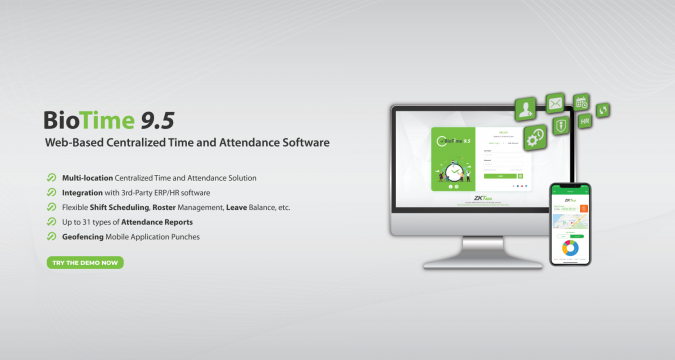
Selecting the right Point of Sale (POS) machine is important for the success of your business. A POS system facilitates transactions and also manages inventory, tracks sales, and generates reports that can inform strategic decisions. With numerous options available, making the right choice can be overwhelming. Here are key factors to consider when selecting the best machine from top POS machine suppliers in Dubai for your business.
Understand your business needs:
Before getting into specific models, take the time to assess your business needs. Consider the type of business you run—retail, food service, or e-commerce—as each may require different functionalities. For instance, a restaurant may need a POS system that supports table management and kitchen displays, while a retail store might consider inventory tracking and customer relationship management.
Evaluate features and functionalities:
Different POS machines come with a range of features. Basic functions typically include sales processing, inventory management, and reporting capabilities. However, more advanced systems may offer customer relationship management (CRM), loyalty programs, employee management, and integration with accounting software. Identify which features are essential for your business and ensure the POS machine you choose can accommodate them.
Consider hardware components:
POS systems can consist of various hardware components, such as touchscreens, barcode scanners, receipt printers, and cash drawers. Determine what hardware you will need based on your business model. For example, mobile POS solutions may be ideal for businesses that require on-the-go transactions, while stationary systems work well in traditional retail environments. Ensure that the hardware is compatible with your chosen software.
Assess payment processing options:
With the rise of digital payments, it’s vital to choose a POS machine that supports multiple payment methods. Look for a system that can process credit and debit cards, mobile wallets (like Apple Pay and Google Pay), and even cryptocurrency if applicable. Additionally, consider transaction fees associated with each payment method, as these can significantly impact your overall costs.
Check for integration capabilities:
Your POS system should smoothly integrate with other software you use, such as accounting tools, e-commerce platforms, and inventory management systems. Compatibility with existing systems can streamline your operations and reduce the need for manual data entry, improving overall efficiency.